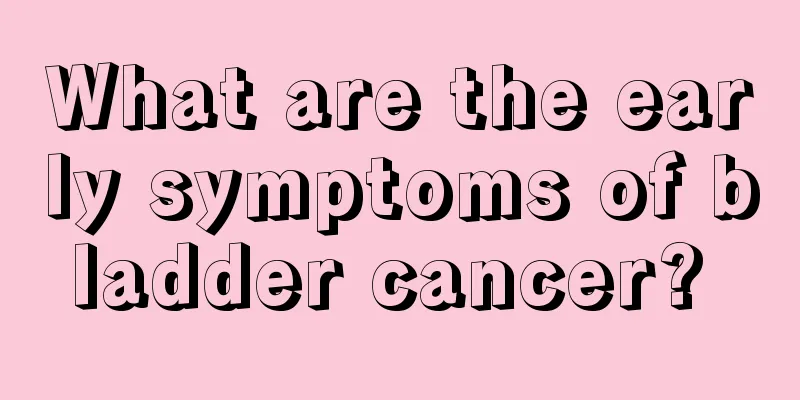What are the symptoms of early to mid-stage nasopharyngeal carcinoma and how to treat it

|
What are the symptoms of early and mid-stage nasopharyngeal carcinoma? 1. Tongue atrophy and tongue deviation: Nasopharyngeal carcinoma directly invades or lymph nodes metastasize to the posterior styloid process or hypoglossal nerve canal, causing the hypoglossal nerve to be invaded, causing the tongue to deviate to the affected side, accompanied by tongue muscle atrophy on the affected side. If the hypoglossal nerves on both sides are damaged, it will cause difficulty in tongue extension. The incidence of tongue deviation is second only to facial anesthesia. 2. Tinnitus and hearing loss. This is caused by tumor infiltration and compression of the Eustachian tube, which creates negative pressure in the tympanic cavity. 3 Headache is a common symptom of nasopharyngeal cancer, which is often manifested as unilateral persistent pain, mostly located on the top of the face. 4. Diplopia: Due to the invasion of the abducens nerve by the tumor, double vision is often seen when looking outward. The invasion of the trochlear nerve often causes inward strabismus and diplopia. It is often damaged at the same time as the trigeminal nerve. 5. Eyelid ptosis and fixed eyeball: related to oculomotor nerve damage. Visual impairment or disappearance is related to optic nerve damage or orbital cone damage. Hoarseness and dysphagia are related to vagus nerve and glossopharyngeal nerve damage. How to treat early and mid-stage nasopharyngeal carcinoma? 1. Traditional Chinese medicine treatment Traditional Chinese medicine plays an important role in the treatment of advanced nasopharyngeal carcinoma. It can not only reduce the toxic side effects of radiotherapy and chemotherapy on the human body, but also play a role in increasing efficacy and reducing toxicity in the treatment of advanced nasopharyngeal carcinoma. 2. Surgical treatment Due to the characteristics of nasopharyngeal carcinoma, surgery cannot be the first choice for treatment. However, surgery is still beneficial as a salvage treatment measure when recurrence occurs after radiotherapy. 3. Radiotherapy Radiotherapy is the first choice for the treatment of nasopharyngeal carcinoma. Cobalt-60 radiotherapy is superior to deep X-ray irradiation, and intracavitary radium therapy can also be used. Radiotherapy has a more direct killing effect on cancer cells, but the adverse reactions are relatively large and will cause damage to normal cells. |
<<: What to do if bleeding occurs after cervical cancer surgery
>>: How long can you live without treatment of stomach cancer?
Recommend
How to get a newborn to sleep?
Many mothers may have encountered this situation ...
What is the recurrence rate of early small liver cancer? Pay attention during this period
The six months after surgical treatment, especial...
What's going on when a child has a fever and vomits?
Children have weaker physical functions and their...
Frog Dangers
Frog pose is a common fitness method, but when do...
How to fold clothes to look better
In life, many people have their own little tricks...
6 brain-awakening exercises to get rid of annoying spring sleepiness
Introduction: In the warm spring climate, many pe...
Everyone should be aware of the causes of colorectal cancer in a timely manner
In recent years, with the gradual increase in the...
What is the reason for the pain on the left side of my neck
Friends who suffer from neck pain need to pay att...
Methods to cure prostate cancer
Prostate cancer is a malignant tumor that occurs ...
What are the precautions after bladder cancer surgery?
Bladder cancer is a relatively common disease in ...
What glasses should I wear for astigmatism
Astigmatism is mainly caused by not paying attent...
How long can you live after surgery for early laryngeal cancer
Laryngeal cancer is divided into primary and seco...
How is thyroid cancer staged? What are the symptoms of thyroid cancer?
Thyroid cancer can be divided into stage I, stage...
What does hypothyroidism mean?
Hypothyroidism refers to a syndrome caused by ins...
Keeping your private parts dry can effectively prevent cervical cancer
Women hate all kinds of gynecological diseases, b...









